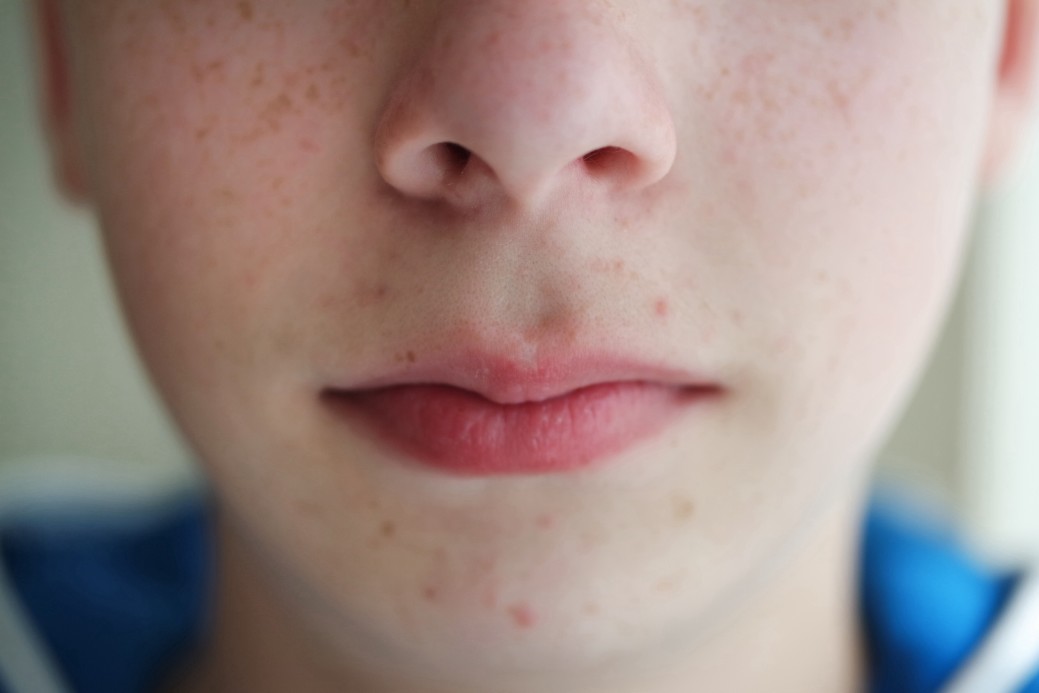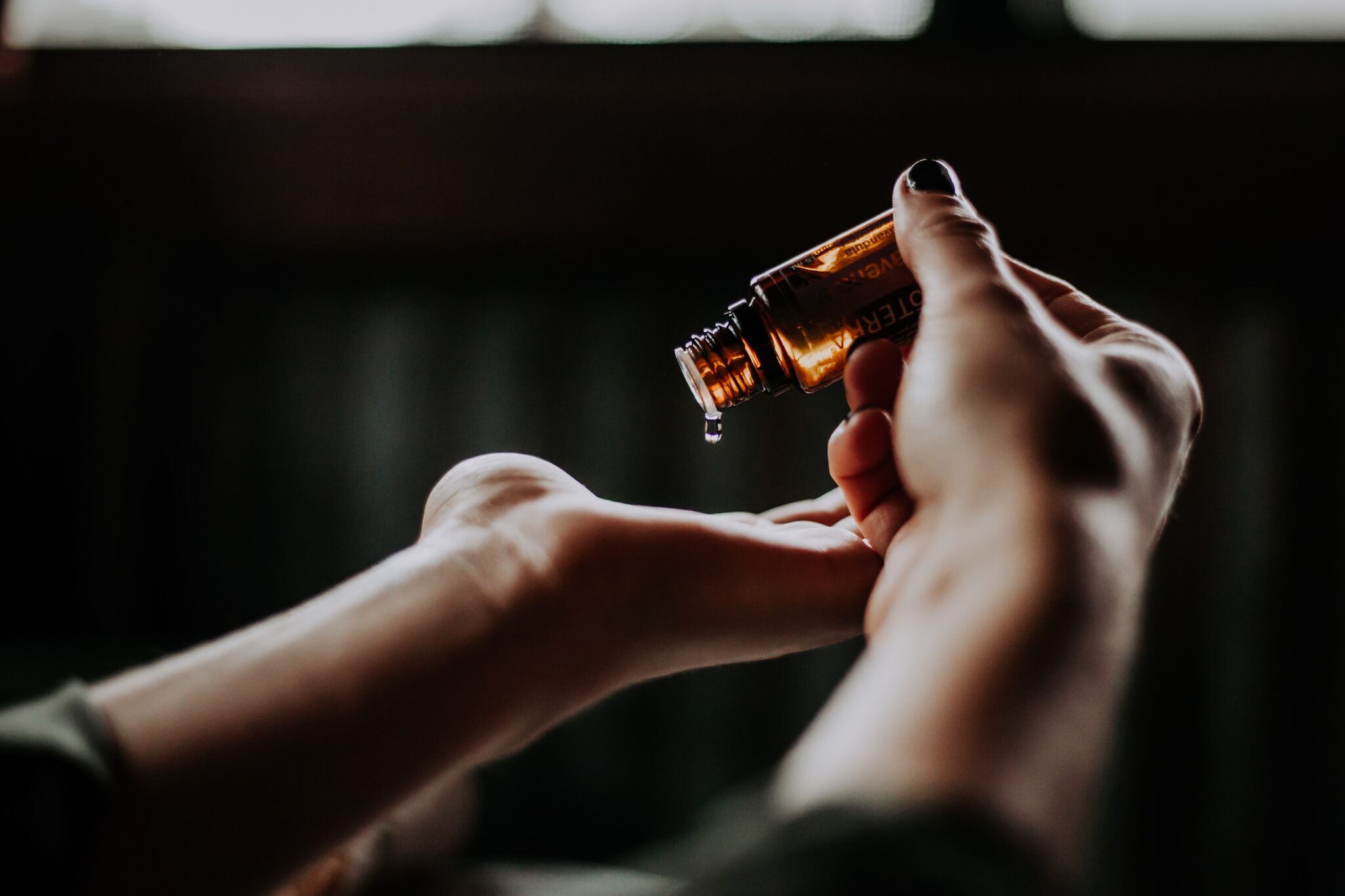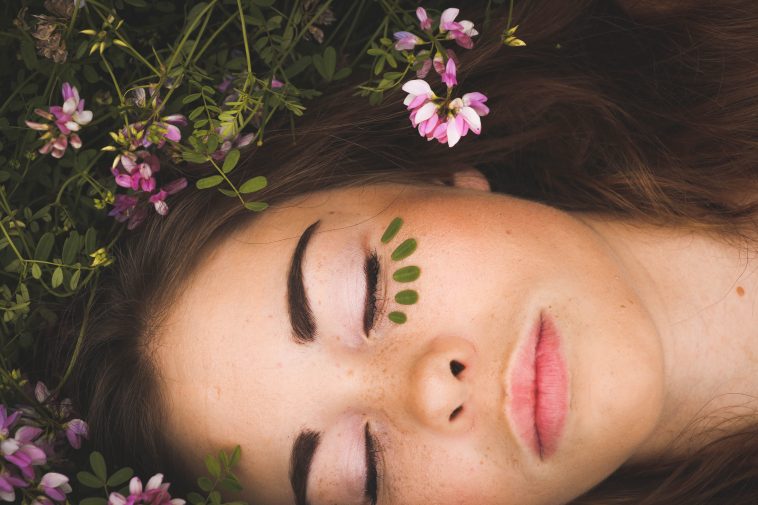Having acne as a skin condition can be terrible. In severe cases, a lot of the skin is covered in it. People with acne tend to feel self-conscious about it. They feel that people are judging them because they believe in the myths that acne is caused by too much greasy food or having dirty skin. Neither of these suppositions is true.
Acne can have adverse effects on a person’s self-esteem because it affects their appearance. A lot of acne sufferers spend a lot of time trying to cover it up because they are embarrassed by it.
Acne Defined
Acne is one of many conditions people can have that affect the skin. When acne develops, it is due to the hair follicles of the skin becoming clogged. Oil and dead skin cells accumulate in the follicles, causing the appearance of blackheads and pimples.
The oil that clogs the pore to form acne comes from the sebaceous glands. That’s why acne tends to occur on the face, chest, upper back, and shoulders. These are areas that have a high concentration of sebaceous glands.
Related: 5 Surprising Ways to Use Rose Water for Your Skin
The Process of Forming Acne
In the initial stages of acne, the hair follicle and its pore become clogged. The follicle wall is pushed outward, which creates a whitehead. It is covered by a layer of skin. Sometimes, the blockage isn’t covered by skin. It is exposed to the air, causing the dead skin and oil to darken, forming a blackhead.
Acne worsens when the blocked hair follicles are infected by bacteria. Sometimes, it does not take a bacterial infection to cause inflammation of the hair follicle. The inflammation and infection cause pimples. A pimple is a red bump on the skin which has a white center. It appears when the infection or inflammation occurs near the skin’s surface. When it is present deep inside the follicle, the result can be cyst-like lumps beneath the surface of the skin.

The infection and inflammation can make it very painful. Over time, the spots heal and disappear, but they are often replaced by new ones in the same area or somewhere else on the skin.
Symptoms of Acne
Acne presents as:
- Whiteheads and/or blackheads
- Little red bumps with no pus at the tips, called papules
- Papules with a tip containing pus, called pustules
- Solid lumps beneath the skin’s surface, called nodules
- Pus-filled lumps under the surface of the skin called cystic lesions, which cause discomfort
What Causes Acne?
The predominant cause of acne is the blockage of the hair follicle by oil and dead skin cells. It can be worsened when the sebaceous glands produce excessive quantities of oil. A bacterial infection in the skin can also cause an acne outbreak. An excess of androgens, which are a type of hormone, is also linked with acne.
Who is at a Higher Risk of Acne?
Age is a factor in the outbreak of acne. It tends to be more prevalent during the adolescent years. Girls and women also report that it is related to their menstrual cycles, with the buildup to menstruation characterized by the appearance of acne. However, it should be borne in mind that acne can happen to anyone, regardless of age or gender. People with a family history of acne are predisposed to getting it.
Stress tends to make it worse. A lot of people with acne report subsidence in the outbreak if they reduce their exposure to stress. Medications such as corticosteroids, lithium, and testosterone can cause or worsen acne. If you start using new prescription medicine and experience an outbreak of acne, consult your doctor to find out if the two are linked.

Treatment
The first resort is products available in-store. These include special face washes and other products that get rid of them. Always test the product on a small area of skin first to see if there’s a negative reaction.
If these self-care products don’t work, consult your doctor. There are stronger medications they could prescribe for you. If you’re able to, it’s best to see a dermatologist who is a doctor who specializes in skin conditions.
The medications prescribed for this condition often have side effects. Be aware of what they are so that you make an informed decision before using them. Consult your doctor immediately if you experience severe side effects.

CBD
Before turning to potentially harmful medications, think about natural alternatives like CBD oil products. Cannabidiol (CBD) is a compound found in the cannabis plant. Unlike its counterpart tetrahydrocannabinol (THC), CBD does not produce the ‘high’ people associate with cannabis.
CBD can help to lower high levels of hormones that can lead to outbreaks. It functions with the body’s endocannabinoid system, regulating the systems in the body to maintain a state of balance. In addition, CBD can act as an anti-inflammatory, which will alleviate the redness, swelling, and discomfort caused by acne.
Read More:



